Today is April Fools’ day, when jokes and pranks are played, sometimes among friends and family, sometimes on a more public scale. But why is there such a day for culturally-accepted foolishness? To delve into the origins and history of April Fools’ Day, we talk with Dr. Angus Kress Gillespie, folklorist and professor of American studies at Rutgers University.

You might find it shocking that scientists have a sense of humor, so we also talk with, Dr. Mike Lund from the NASA Exoplanet Science Institute at the Infrared Processing & Analysis Center / CalTech about the tradition among Astronomers to write and even review humorous research papers for April Fools’ day. These papers are often posted on the arXiv preprint server, and Dr. Lund, the author of several such papers, also is the editor of the Acta Prima Aprilia that shares some of those papers.
Producer and Host: Joel Parker
Additional contributions: Beth Bennett
Executive Producer: Joel Parker
Listen to the show here:
Podcast: Play in new window | Download (Duration: 27:00 — 37.1MB)
Subscribe: RSS



 On this week’s show, Beth talks with
On this week’s show, Beth talks with 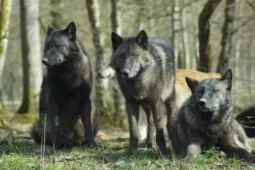
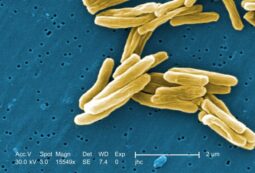 On today’s show, Beth speaks with CU scientist Christopher Lowry. Dr. Lowry’s research program at CU Boulder focuses on understanding stress-related physiology and behavior with an emphasis on the microbiome-gut-brain axis. He describes his
On today’s show, Beth speaks with CU scientist Christopher Lowry. Dr. Lowry’s research program at CU Boulder focuses on understanding stress-related physiology and behavior with an emphasis on the microbiome-gut-brain axis. He describes his 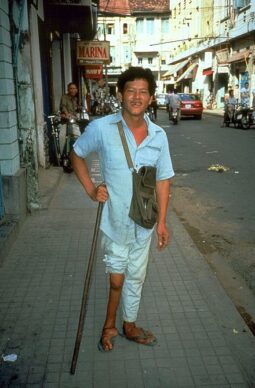 Today on How on Earth, Beth speaks with Professor Vincent Racaniello of the Columbia University Medical Center. He has been studying viruses, particularly the polio virus, for over 40 years. Professor Racaniello is passionate about teaching virology to the World. His virology lectures can be found on YouTube. He
Today on How on Earth, Beth speaks with Professor Vincent Racaniello of the Columbia University Medical Center. He has been studying viruses, particularly the polio virus, for over 40 years. Professor Racaniello is passionate about teaching virology to the World. His virology lectures can be found on YouTube. He  In today’s show Beth reviews the latest data on the opiate epidemic in Boulder. You’ll hear from a pharmacologist who studies substance abuse, a DEA agent who oversees the task force on fentanyl, and our state senator who discusses legislation at the state level, as well as a story on a novel, implantable device to monitor for overdoses and autonomously inject the antidote – naloxone.
In today’s show Beth reviews the latest data on the opiate epidemic in Boulder. You’ll hear from a pharmacologist who studies substance abuse, a DEA agent who oversees the task force on fentanyl, and our state senator who discusses legislation at the state level, as well as a story on a novel, implantable device to monitor for overdoses and autonomously inject the antidote – naloxone.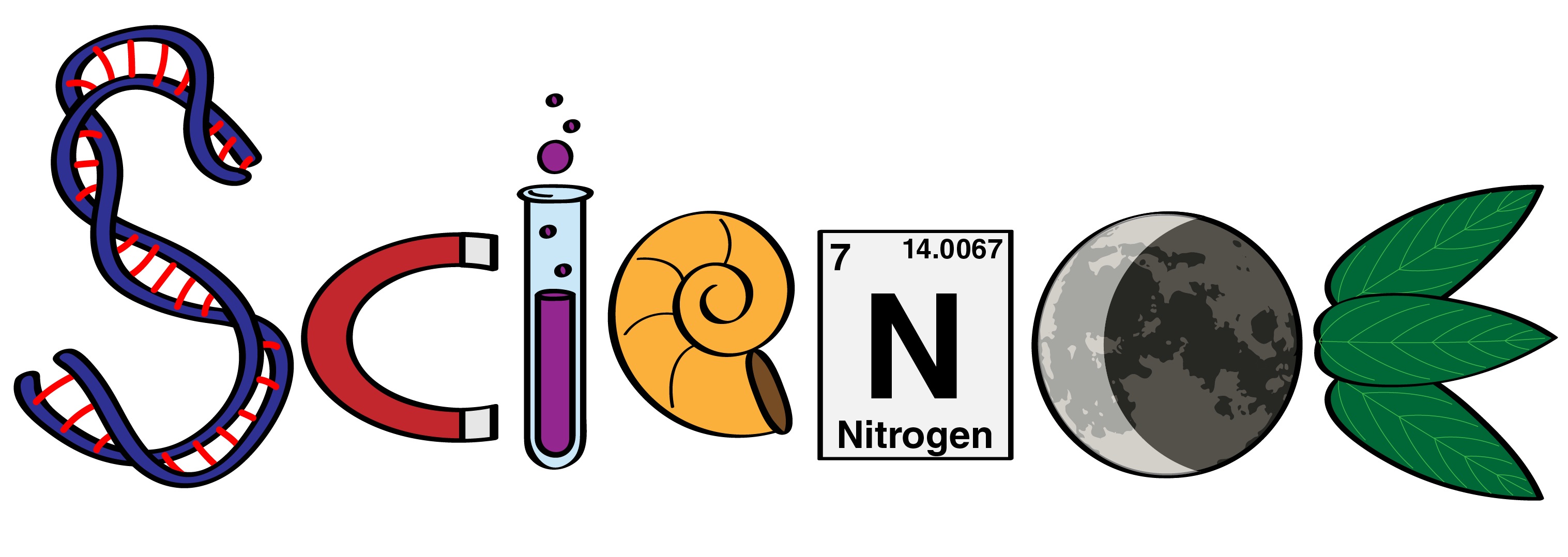
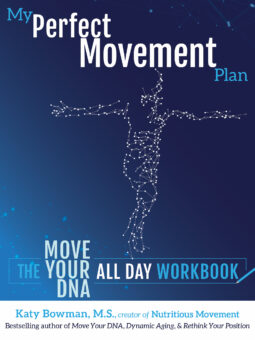 On today’s show Beth plays portions of a chat (
On today’s show Beth plays portions of a chat (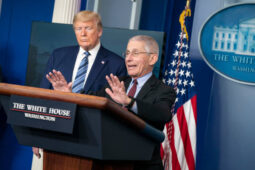
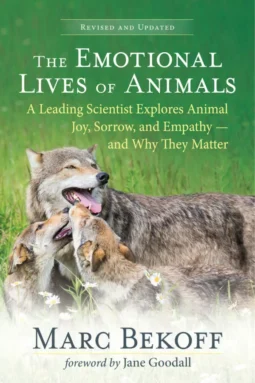 In this week’s show Beth spoke with Marc Bekoff, well known and loved for his decades of research into animal behavior, emotion and cognition, about the new edition of his classic book, The Emotional Lives of Animals. Marc Bekoff is professor emeritus of Ecology and Evolutionary Biology at the University of Colorado, Boulder. For decades he has studied animal behavior, cognitive ethology (the study of animal minds), behavioral ecology, and written extensively on human-animal interactions and animal protection. He centers his work and writing around compassionate conservation, namely the principle of, “First do no harm” and the life of every individual matters because they are alive and have intrinsic value, not because of what they can do for us. We talked about the new edition of his classic book,
In this week’s show Beth spoke with Marc Bekoff, well known and loved for his decades of research into animal behavior, emotion and cognition, about the new edition of his classic book, The Emotional Lives of Animals. Marc Bekoff is professor emeritus of Ecology and Evolutionary Biology at the University of Colorado, Boulder. For decades he has studied animal behavior, cognitive ethology (the study of animal minds), behavioral ecology, and written extensively on human-animal interactions and animal protection. He centers his work and writing around compassionate conservation, namely the principle of, “First do no harm” and the life of every individual matters because they are alive and have intrinsic value, not because of what they can do for us. We talked about the new edition of his classic book,